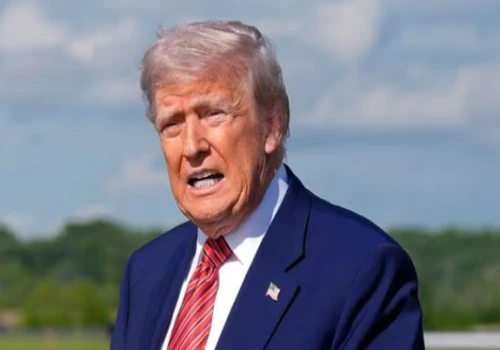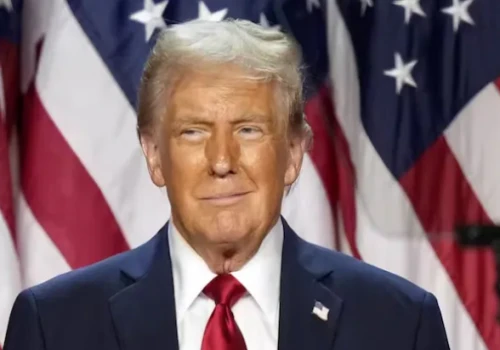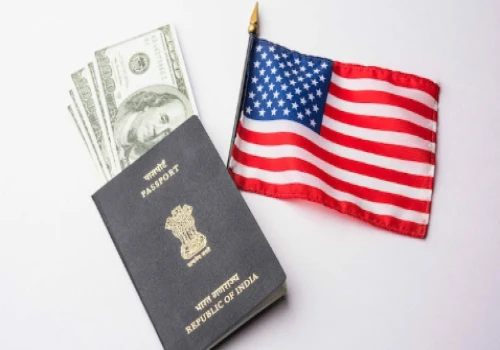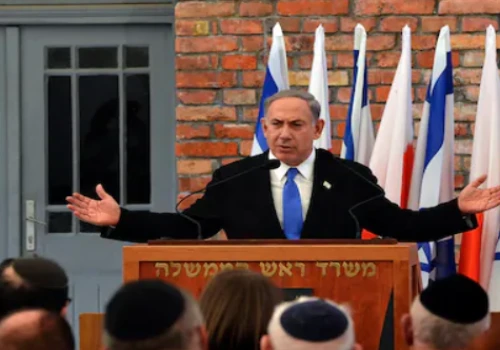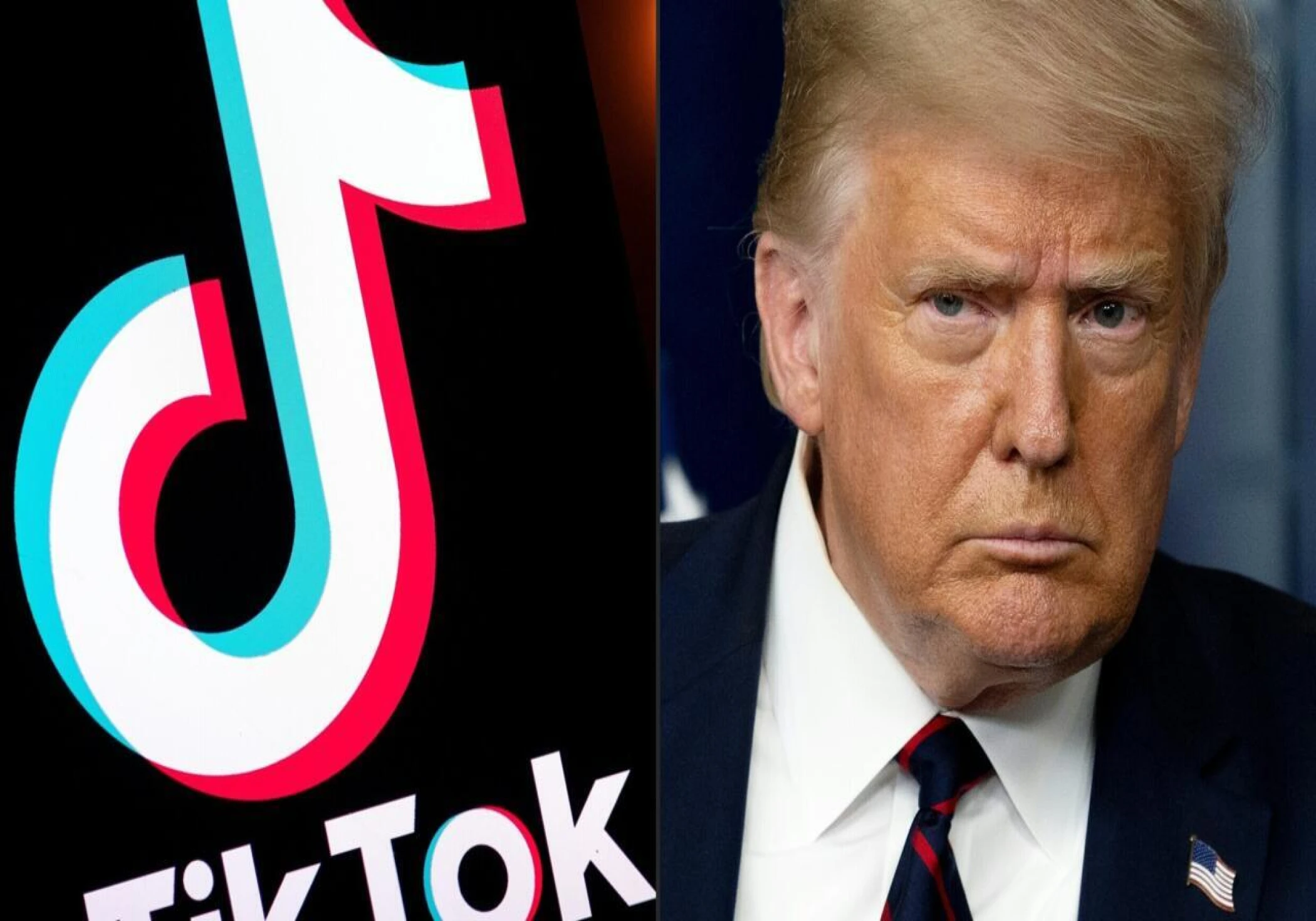
US President Donald Trump temporarily paused a ban on TikTok in the US to give the company and its Chinese parent company ByteDance Ltd. an additional 75 days to reach an agreement on the well-known app that would allay long-standing US national security concerns.
In one of his first actions as president, Donald Trump signed an executive order on Monday that provided TikTok with a lifeline. The action exempts the video-sharing website from a US ban that went into force on Sunday after ByteDance disregarded a statute that required it to divest. Over the previous few days, Trump had promised that an extension was imminent.
The executive order, signed late Monday, extends the deadline for TikTok to divest its U.S. operations or implement significant safeguards to ensure data security. The 75-day reprieve aims to provide "adequate time for a mutually beneficial resolution," Trump stated.
“This extension is not a concession but a measure to ensure American users’ data is fully protected while allowing TikTok an opportunity to meet our rigorous security requirements,” Trump said.
TikTok welcomed the extension, reaffirming its commitment to transparency and security. “We appreciate the additional time granted to demonstrate our ongoing efforts to protect user data and privacy,” the company said in a statement. ByteDance has previously denied allegations of sharing data with the Chinese government.
The executive order outlines several key benchmarks TikTok must meet within the extension period, including greater transparency about its data practices, implementing stricter protections for U.S. user data, and ensuring compliance with U.S. regulations.
Analysts say the move reflects Trump’s strategic balancing act between addressing security concerns and avoiding backlash from TikTok’s massive user base. With over 150 million users in the United States, the app has become a cultural and economic force, particularly among younger demographics.
Trump’s decision comes at a time of heightened U.S.-China tensions. While extending the deadline may de-escalate immediate concerns, it also keeps the spotlight on broader issues of data sovereignty and digital security.



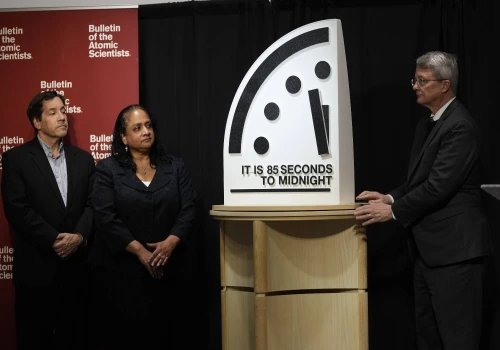

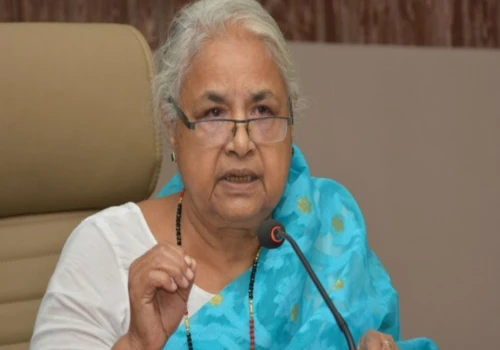
_500_x_350.webp)

